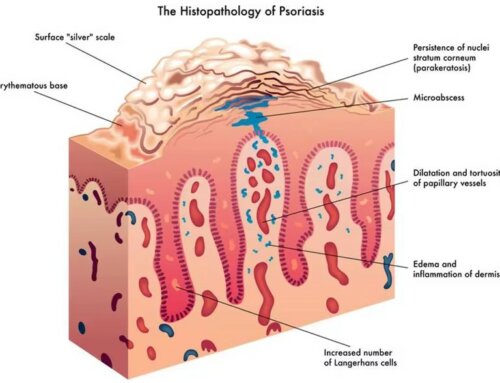Eating the proper foods in the correct amounts are key factors in effective diabetes self-management to avoid blood sugar fluctuations. The hottest food plans in diabetes include low-fat diets, the DASH diet and the Mediterranean diet. Let’s compare them to see how they stack up.
- The 2015 Clinical Care Guidelines for a publication of the American Diabetes Association revealed your meal pattern of eating can be more important for diabetes control than focusing on food exchanges or calorie counts. Some of the most talked about diets today include low-fat diets, the DASH diet and the Mediterranean diet. While trendy fad diets are discouraged for people with diabetes, all of these diets introduce lifestyle changes that can help people maintain a healthy weight for optimum well-being.
- A low-fat diet reduces the amount of total fat a person eats, especially the ‘bad’ fats which are referred to as saturated and trans- fats. These fats are often found in packaged or processed foods, fast foods, cookies and cakes. The goal is to incorporate ‘good fats’ into your daily diet. Since fat increases satiation, it may reduce your total overall food intake .Include good unsaturated fats in moderation such as olive or canola oil. Eat foods with healthy omega-3 fatty acids found in foods such a tuna, flaxseed oil and tofu. People are encouraged to read the labels on food products and choose low-fat instead of fat free options. Fat free options usually contain more sugar. It is also important to make sure the foods are not high in sugar or salt. With some knowledge and preparation, people with diabetes can avoid foods with unhealthy saturated fat, such as hot dogs, bacon, bologna, butter, coconut oil, chicken skin and creamy sauces. Those following a low-fat diet should limit cholesterol to less than 300 mg per day. Sources of cholesterol include liver, eggs yolks and high-fat dairy products. Monounsaturated fat can lower your bad cholesterol and is found in olive oil, canola oil, avocado, olives, sesame seeds and peanut butter. Polyunsaturated fats are also considered healthy and include corn or cottonseed oil, sunflower seeds and walnuts.
- DASH stands for the words Dietary Approaches to Stop Hypertension, a health condition that people with diabetes are at a higher risk of developing. The diet has been shown to improve blood pressure control and reduce health risks for people with diabetes. People should eat up to eight-ten servings of fresh vegetables and fruits each day along with whole grains and a small amount of nuts, fish, poultry and low-fat diary products. Foods that are extremely limited include sugar-sweetened drinks, sweet treats and red meats. On the DASH diet, people should have less than 2300 mg of sodium daily. Recent studies have shown the DASH diet can reduce inflammation and improve blood sugar, fat and blood pressure control within just a few weeks.
- The Mediterranean diet follows a pattern of eating followed by people residing in countries located around the Mediterranean Sea. Originally developed in Crete, the diet permits plenty of fresh fruits and vegetables and olive oil with a low consumption of meat. The goal is to eat as few processed foods as possible with plenty of fresh foods such as tomatoes, leafy green vegetables, grapes, onions and mixed greens with fat-free salad dressing. Olive oil is the main source of fat in the Mediterranean diet. People can moderately consume fish, cheese, whole grains, nuts and poultry with a low intake of wine and red meat. Research has shown people with diabetes who are on the Mediterranean diet have improved glycemic control and a reduced risk of developing heart disease. Some patients have even been able to lower their medications, at the advice of their diabetes health care team.
- All three diets offer health benefits for people with diabetes. However, a recent analysis revealed a Mediterranean diet lowers the risk of type 2 diabetes by 21 percent. The study was presented during an annual American College of Cardiology meeting in Washington, D.C.
While fad diets should be avoided, people with diabetes can benefit from a low-fat diet, DASH diet or the Mediterranean diet. In recent studies, the Mediterranean Diet has been the winner, but all offer their own unique benefits. Talk to your doctor about these three diets to see which one might fit into your diabetes self-management plan.







Leave A Comment